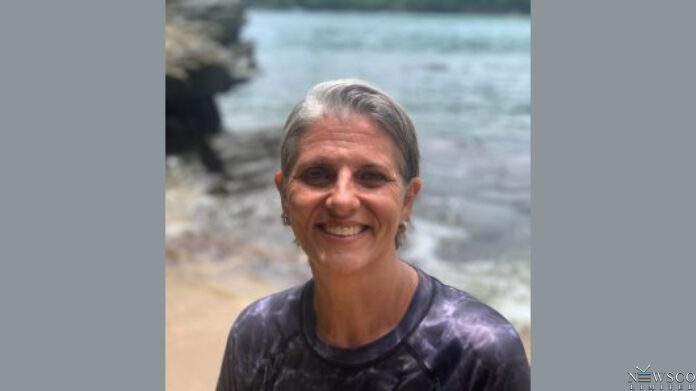By Robert Andre Emmanuel
The regional non-profit, Caribbean Natural Resources Institute (CANARI), is reflecting on what has been considered a successful SIDS4 conference.
The body’s Executive Director Nicole Leotaud spoke to Observer media recently, having brought together groups from 14 small island nations to review the Antigua and Barbuda Agenda for SIDS, the ABAS, which was formally adopted at the SIDS conference, and offer feedback.
“People were concerned about areas like climate finance [being] delivered in a just way, getting the finance to the local level to achieve justice and equity.
“The other one was on the role of civil society partners in development; we had an inclusive, bottom-up development with a human rights approach at the centre, we also had important discussions on the ocean … whether the principles of environmental sustainability and economic inclusion were really captured in what is in the document,” Leotaud said.
The 28-page document officially adopted last week sets out a path for resilient prosperity for SIDS over the next decade, with ideas focused on scaling up climate action, biodiversity action, the sustainable usage of ocean resources, and the value of data collection and analysis.
CANARI is an independent technical institute working across the Caribbean to further sustainable development in the region.
Its strategy and programmes are driven by a mission to promote and facilitate stakeholder participation and collaboration on renewable natural resources management in the Caribbean.
The CANARI head also spoke about the far-reaching long-term impacts of natural disasters and the need to ensure those affected would be treated fairly and receive adequate help.
“It doesn’t take two or three years to recover; the recovery takes 10-plus years and it is really shifting that thinking … the debt crisis means SIDS cannot invest in their own development,” she added.


